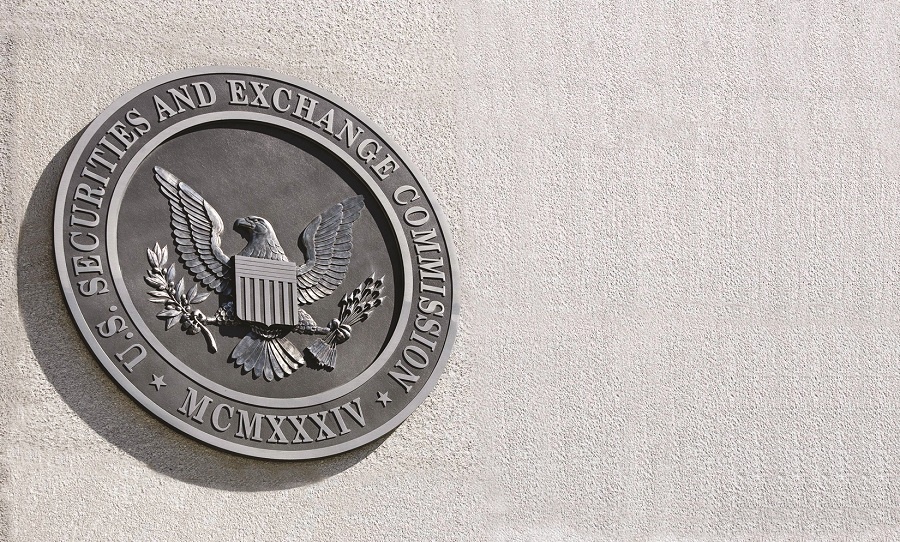A
pair of sister
bills introduced in the House and Senate this month appear to be just the type of reasonable regulatory relief small businesses in the advice industry are clamoring for.
The bipartisan legislation, known as the
Small Business Audit Correction Act of 2018, addresses heightened broker-dealer audit requirements put in place following Bernie Madoff and the financial crisis of 2008-09. At that time, the Public Company Accounting Oversight Board was already in place, created by the
Sarbanes-Oxley Act of 2002 for quality control in the aftermath of the Enron and WorldCom accounting scandals and bankruptcies. The Dodd-Frank financial reform law of 2010 expanded the PCAOB's inspection authority to include broker-dealer audits.
Most would agree the shocking fraud Bernie Madoff was able to perpetrate over decades spotlighted the ease with which a wealth manager could fudge the books and throw off regulatory scrutiny. The PCAOB is the auditors' auditor. It is there to ensure that whoever is signing off on the integrity of a broker-dealer's financial statements is ethical.
It also ensures, as do SEC auditor independence rules, that a firm auditing a brokerage's books cannot be the same firm that prepared those books in the first place — in other words, its bookkeeper or the person putting together its financial statements.
The new bills do not say, let's get rid of all audits. Nor do they say that no firms should be subject to the higher PCAOB standards of review.
Instead, they seem — the language is sparse — to revert back to previous audit requirements under standards of the American Institute of Certified Public Accountants, but only for a "non-custody broker or dealer that is privately held and in good standing."
Broker-dealers that do not custody assets are already, even under PCAOB rules, allowed an exemption from an additional compliance report, but the exemption claim must be reviewed by an auditor.
Regulatory audits of non-custody (also known as noncarrying) firms would still be required, but not by PCAOB-registered auditors. Basically, the legislation would create simplification, and presumably a lower cost, for firms that aren't likely to pull off a Bernie Madoff-level fraud.
Estimated costs
Are current costs really so burdensome? When the Securities and Exchange Commission adopted rules to meet heightened auditing standards in 2013, the agency estimated costs for non-custody firms to attain the compliance report exemption to be about $3,000 annually.
Paige Pierce, president of PSP Consulting and senior vice president of Larimer Capital Corp., an independent broker-dealer, estimated the costs of PCAOB audits to be in the $8,000 to $40,000 range, depending on the size of the firm. As she said in reference to the costs,
in a story on the bills last week by InvestmentNews senior reporter Mark Schoeff Jr., "It's the straw that's breaking the camel's back."
What's more important to the big picture is whether the higher PCAOB standards are really necessary for smaller firms, especially those without their hands on investors' money.
The key really is independence of auditors. You can't have the fox guard the hen house. If an accountant is corrupt, and then that same person is signing off on the legitimacy of his or her own financial and compliance reports, there is really no audit going on.
Audits must be impartial and conducted by parties without a personal stake in the outcome.
So if the bills do become law, the SEC must keep an eye on any new (or reinstated old) auditing standards and ensure they are proving adequate to protect the public. If they are not, the agency should take prompt action to raise standards to a sufficient level any investor can rely on.







